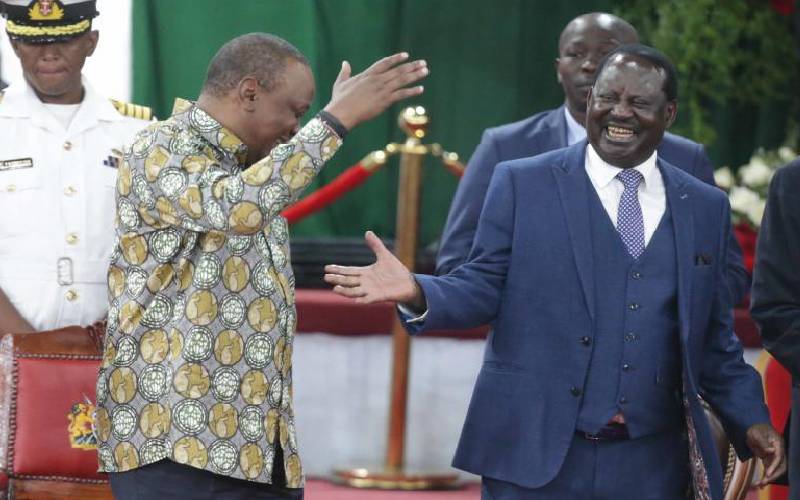
For more than a year, the Kenyan public anxiously anticipated the release of the Building Bridges Initiative (BBI)Task-force report. That was in the making since President Uhuru Kenyatta assigned a special task-force the onus of evaluating the challenges we face as a nation, as well as proposing practical recommendations and reforms capable of remedying them.
The programme of national consultation to forge lasting unity between the disparate people of this land has truly been one of a kind. It is the first initiative in our nation’s history that aims to build a governing system that reflects our roots and current characteristics as a people, and which promises to structure our political interactions in an orderly fashion for the betterment of all.